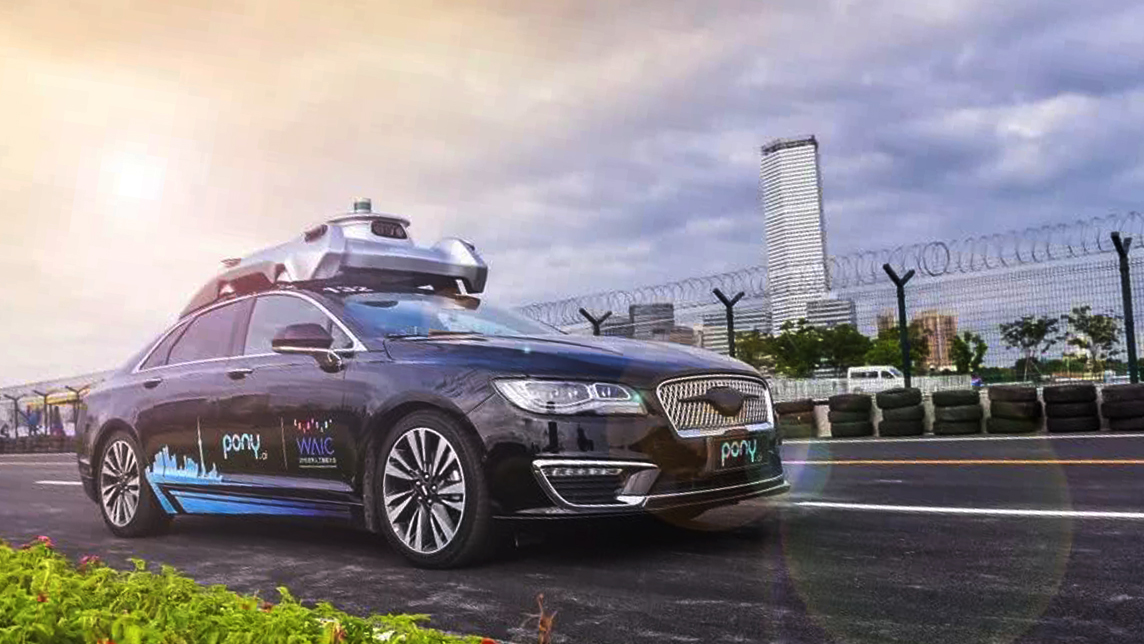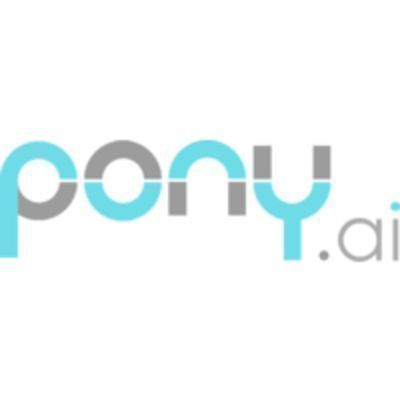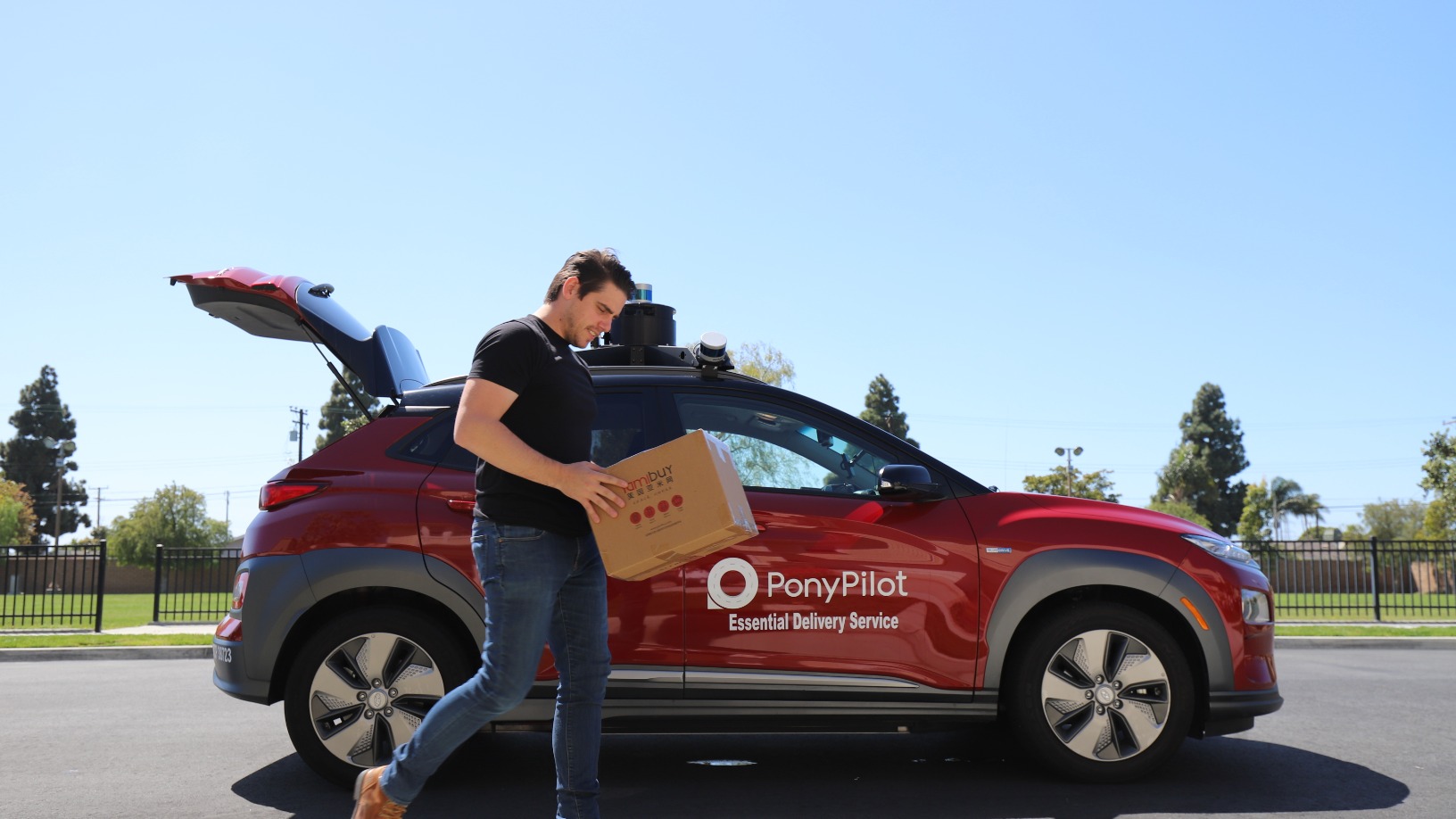During the last two years, self-driving cars have made headlines by either hitting the road or killing a pedestrian.
Amid both the excitement and safety concerns, companies are betting heavily on this next generation of vehicles and have invested a lot of time and money into bringing the technology to market.
The list of companies in the autonomous vehicle market include big names such as Audi, Uber and Google. Some young startups have also thrown their hats into the ring.
Founded in California in December 2016, Pony.ai is one young startup worth watching.
Pony.ai doesn't produce cars itself, but instead works with automakers and uses PonyAlpha, its self-driving system, to turn their vehicles into L4 autonomous cars, which can drive independently.
Hitting the road
In less than two years, Pony.ai has progressed from a pilot system in the lab to test driving cars on real roads. In Nansha district, Guangzhou, home to the startup's Chinese headquarters, Pony.ai made fully autonomous car rides available to the public for the first time in January 2018. Since then, thousands of passengers have experienced trial rides on the designated 2.8 km route.
Then, in late December, the firm quietly launched a WeChat mini program that allows users to hail a self-driving taxi from a preset location in Nansha. The cars carry passengers to select destinations such as offices or residential blocks.
Currently, only employees and a few VIPs can use the service, but James Peng, co-founder and CEO of Pony.ai, has promised to scale up the service by increasing the company's fleet from 20 to 100 cars in 2019.
“Our ultimate goal is to provide safe and convenient rides to the end user. It might take a long time, but that’s the ultimate revenue stream,” said Peng. The rides are free for now: the startup's current objective is to perfect its system, not to make money.
Pony.ai collects data on car speed, acceleration, braking, etc., from each trip to further improve the capabilities of its third-generation autonomous driving system, PonyAlpha. As China's first ever product-ready self-driving system, PonyAlpha marks a significant milestone for the country’s autonomous vehicle industry.
Brimming with confidence
Both of Pony.ai's co-founders are AI experts with years of experience in autonomous driving. Peng used to serve as chief architect in charge of R&D on driverless cars at Baidu’s Autonomous Driving Division. Legendary programmer, co-founder and CTO Lou Tiancheng worked on self-driving technology at both Baidu and Google X. Computer scientist Andrew Yao, the only Chinese recipient of the Turing Award, joined Pony.ai in 2017 as chief advisor.
The young startup is undaunted by the resources and clout of the competition. "The autonomous vehicle market is big enough for many players of different sizes," said Lou. Indeed, the global market may be worth as much as US$500 billion by 2030.
For Pony.ai, China, currently the largest consumer of automobiles in the world, is a very attractive market. Aside from the obvious commercial potential, the Chinese government has also provided numerous incentives such as policy support to autonomous vehicle companies.
In less than two years, China has established road test standards for autonomous driving and opened public roads to test self-driving cars, measures that took the US a decade to implement. The Chinese government also has plans to build a superhighway for autonomous vehicles, the first of its kind in the world, in 2019.
Safety first
One of the main obstacles to autonomous vehicle deployment is public concern about safety. Although the Chinese government and customers are open to new technologies, a study by the American Automobile Association showed that faith in driverless vehicles has fallen due to safety concerns.
Public fears only increased after one of Uber's self-driving cars killed a pedestrian in Arizona in March 2018. That same month, a Tesla Model X crashed into a roadside barrier while the car was on autopilot and caught fire, killing the driver.
Pony.ai recognizes that gaining the public's trust is key to success as an autonomous vehicle company. "A 90% accuracy rate is enough for the voice and image recognition [systems to function]. But nobody would risk their lives to ride in a driverless car, even with 99% accuracy," said Peng.
The startup has created a fast iterative development infrastructure consisting of simulation, road tests and test replay, which allows the team to discern quickly any defect and glitch in the system.
With top-performing sensors functioning as its eyes and ears, a driverless car equipped with Pony.ai's system can drive in inclement weather and unexpected road conditions. PonyAlpha’s sensors need to be over 99.9% reliable because a response delay of 50 ms could result in a fatal accident.
"PonyAlpha is the product of truly extensive testing in challenging environments, culminating in a safer and more stable system that we look forward to sharing with [the public],” said Peng.
Throughout 2018, Pony.ai invited the public and members of the media to test out its cars in Nansha to reassure future riders.
Peng has acknowledged that, for technical and legal reasons, it will take some time to equip vehicles with the PonyAlpha system for everyday use. Driving autonomous vehicles on regular roads is currently illegal in many other Chinese cities.
Once the government lifts these prohibitions, Pony.ai plans to expand its business beyond Guangzhou. In future, as Peng told CNBC, Pony.ai hopes to snatch a share of the ride-hailing market from such powerhouses as Didi Chuxing.














